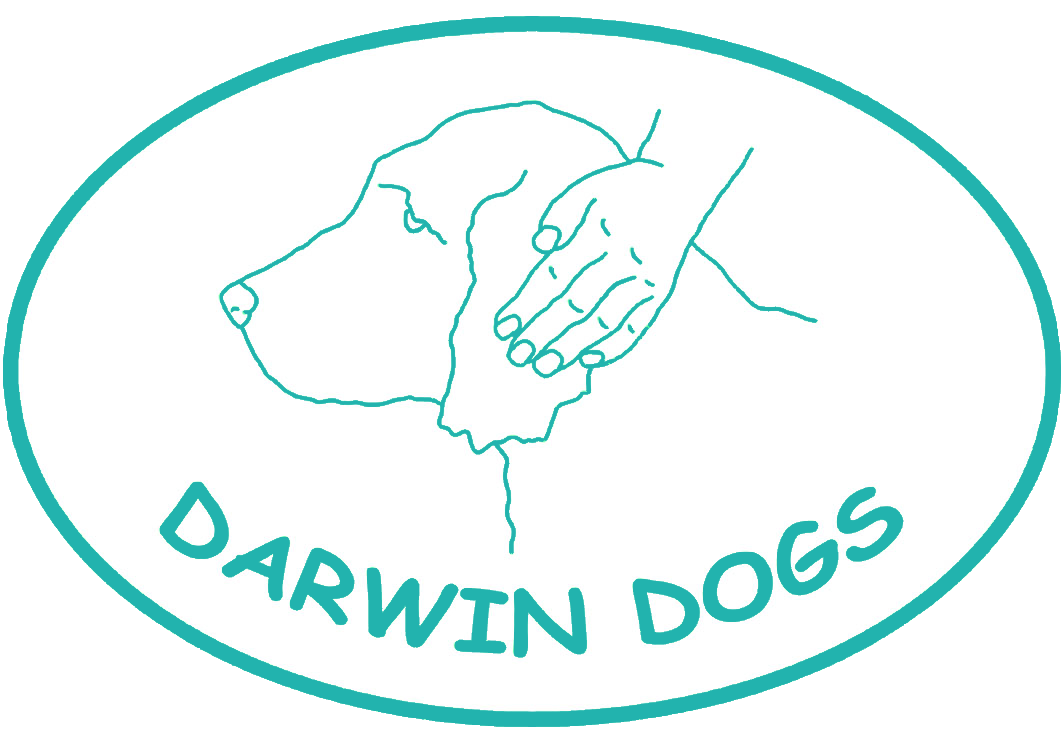We offer training to clients age 15 or over, resident in England or Wales, who have a primary diagnosis of a disabling mental health condition or who are on the autism spectrum. You will also need your own dog, under the age of three.
The definition of a disability, under the Equality Act 2010, is that you have a physical or mental impairment that has a ‘substantial’ and ‘long-term’ negative effect on your ability to do normal daily activities.
We currently operate throughout England and Wales.
We do not have a training centre, we pair each client with a suitable local trainer. The initial training will be in and around the client’s home and local area because that is where the dog and client are most comfortable.
Clients must be 15 years or older.
We do not provide assistance dogs, we train a client’s own dog to become an assistance dog, alongside advice from one of our selected trainers. We can accept dogs up to their 3rd birthday. If you are eligible to join our service and don’t yet have a dog, contact us for more information about selecting a suitable dog. It’s important to be aware that not all dogs have the calm and confident nature required for assistance dog work, and that occasionally a dog doesn’t get through the training, although we will do everything we can to ensure that your dog is as successful as possible.
We accept dogs from puppies up to their 3rd birthday. This is because it can take around 2 years to train an assistance dog, and we would like them to have a good length of working life left after qualifying.
There is no official register for assistance dogs in the UK, but some organisations ask that dogs are certified as assistance dogs by an ADI or ADUK member organisation such as ours. However, that’s not a legal requirement in the UK for a dog to be classed as an assistance dog.
If your dog is too old to qualify for a place with Darwin Dogs, you can seek a local positive-reinforcement trainer who understands assistance dog training and will work with you to ensure your dog is highly trained.
You may find it helpful to read the information by the Equality and Human Rights commission, and the ADUK:
https://www.equalityhumanrights.com/guidance/assistance-dogs-guide-businesses-and-service-providers
https://www.assistancedogs.org.uk/information-hub/what-is-an-assistance-dog/
No, unfortunately we cannot offer certificates for dogs which have not qualified through our service.
You can find information on the ADUK information pages about having an assistance dog in rented accommodation: https://www.assistancedogs.org.uk/information-hub/quick-guides-and-resources/
No, unfortunately we cannot provide certificates for dogs which have not qualified through our service. This is particularly important for air travel. If your dog is not currently qualified, or if the airline does not accept the qualification which you have obtained for your assistance dog, then you may need to travel with your dog as a pet in the cargo hold. Please ask the airline that you wish to travel with, as different airlines and countries have different rules.
Unfortunately, the Darwin Dogs’ service is not free.
It is impossible to put a definitive cost on the training as each dog is very much an individual and will learn things at their own speed. You pay per session with your trainer, at local rates. One session a week is ideal, but some clients have one a fortnight. We would estimate that, starting with a puppy, the training would take approximately 2 years.
If your dog is already highly trained, then under the ADI rules that we work to, we would still need to see you and your dog over a period of at least six months.
Prices for a puppy vary a lot. Adoption fees can be a few hundred pounds, while buying from a breeder can range from £800 to over £2000 depending on breed and background. It’s also important to factor in ongoing costs like food, vet bills and regular treatments, training, and insurance.
If you still need to contact us you can send an email to enquiries@darwins.org.uk although it may take us a while to reply.

